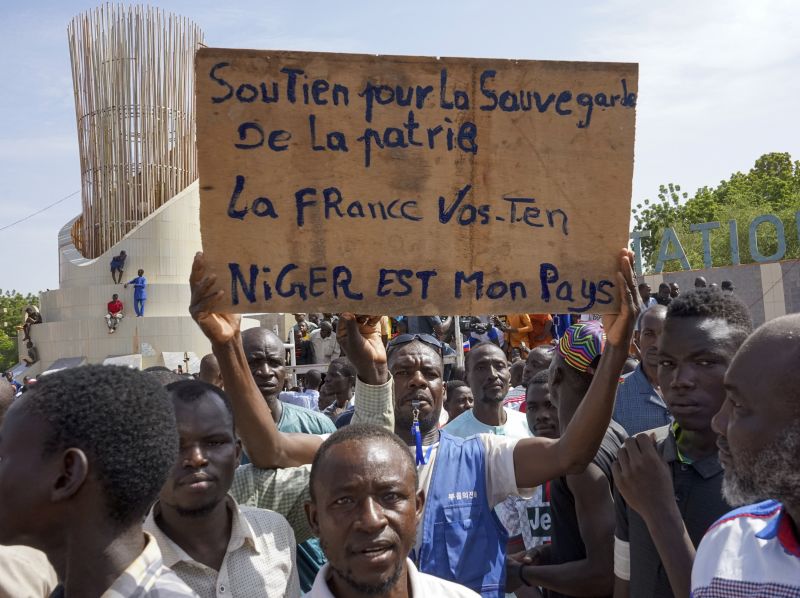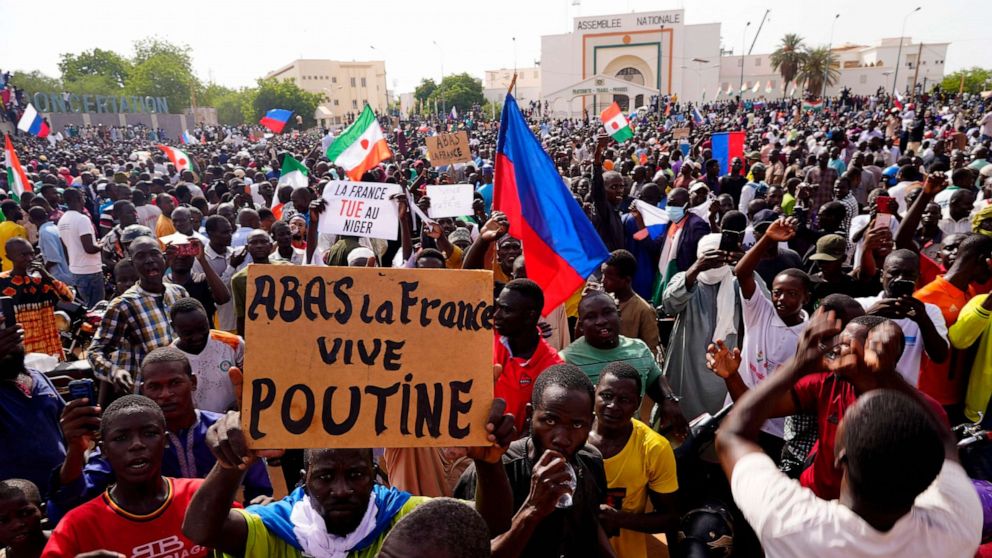RT
The price of uranium has doubled over the past three years and may surge further in the coming weeks due to the coup in Niger, market research firm and consultancy UxC warned on Tuesday, according to Reuters. The West African nation is the world’s seventh largest producer of the radioactive metal.
The warning comes as French nuclear fuel company Orano, which operates Niger’s uranium mines, has stated that it has continued to operate despite the coup and plans by France to evacuate its citizens. Orano indicated that 99% of its staff in the country were Nigerien nationals.
“An event like this could take a bit more time to seep into the market psychology. We could very well still see bigger impacts in the days and weeks to come,”President of UxC Jonathan Hinze told Reuters.
“All indications would be that this would be a catalyst for upward moves in the uranium price given the overall tight supply/demand balance in uranium at this time,” he added.
The spot price of uranium – which is widely used for nuclear energy and treating cancer – rose to $56.25 a pound on Monday, from $56.15 a week earlier. According to Hinze, the spot price hasn’t changed much because Orano sells uranium on long-term contracts and the summer months are slow in the spot market. The metal’s price hit a record high of $140 in 2007.
Last month, the International Energy Agency (IEA) projected a spike in worldwide demand for critical minerals, including uranium, due to renewed interest in nuclear power amid concerns over Russian supplies.
According to the European Union nuclear agency Euratom, Niger was the second-largest supplier of natural uranium to the EU last year as Russian energy supplies dwindled.
The agency said on Tuesday that it saw no immediate risk to nuclear power production in Europe should Niger cut its deliveries of uranium, since utilities in the bloc had sufficient inventories to last for three years.
Last Wednesday’s military coup in Niger saw President Mohamed Bazoum deposed and subsequently detained. The coup leaders have justified their actions as a means of safeguarding the country from a “deteriorating” security situation, as well as “poor economic and social governance.”


